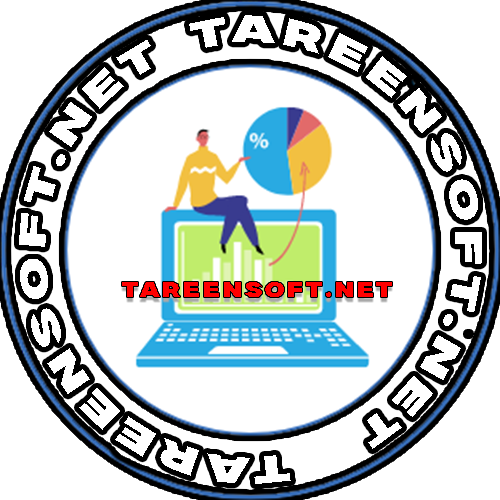
In today’s fast-paced digital workplace, information is abundant but knowledge is increasingly difficult to find. Despite our sophisticated technology and collaborative tools, organizations are facing a hidden crisis that hampers productivity, creates frustration, and ultimately costs businesses both time and money.
The Growing Challenge of Information Retrieval
Research shows that employees spend an average of nearly two hours per day simply searching for the information they need to do their jobs. That translates to approximately 25% of the workweek—valuable time that could be spent on creative tasks, problem-solving, or innovation.
The problem isn’t a lack of information. In fact, it’s quite the opposite. The typical organization now manages vast amounts of data across multiple platforms:
- Project management systems
- Communication channels
- Cloud storage solutions
- Knowledge bases
- Email threads
- Shared drives
- Meeting notes
- Documentation systems
While each of these tools serves a specific purpose, together they’ve created a fragmented information landscape where critical knowledge becomes buried, siloed, or lost altogether.
The Real-World Impact
This hidden knowledge crisis manifests in several ways:
1. Productivity Drain
When employees can’t quickly access the information they need, work grinds to a halt. Projects get delayed, deadlines are missed, and teams become frustrated. The constant context-switching between platforms further erodes focus and efficiency.
2. Decision Paralysis
Without access to complete information, decision-making becomes hesitant and risk-averse. Leaders may delay important choices or make them with incomplete context, leading to suboptimal outcomes.
3. Knowledge Inequity
Information asymmetry creates workplace divides. New employees struggle to get up to speed, remote workers feel disconnected from institutional knowledge, and cross-functional teams operate with different sets of facts.
4. Innovation Obstacles
When teams spend their energy hunting for basic information, they have less capacity for the creative thinking that drives innovation. Knowledge that could spark new ideas remains hidden in organizational silos.
The Human Element
The technology we use to manage information is only part of the equation. Human behavior plays an equally important role in this crisis:
- Information Hoarding: When knowledge becomes a source of power, individuals may be reluctant to share what they know.
- Documentation Avoidance: Many workers view documentation as an administrative burden rather than a valuable contribution to collective knowledge.
- Communication Overload: Important information gets lost in the noise of constant notifications and messages.
- Preference Diversity: Different team members prefer different communication channels, further fragmenting knowledge.
Building a Knowledge-Accessible Culture
Organizations that thrive in the future will be those that address this hidden crisis head-on. Here are key strategies for creating a more knowledge-accessible workplace:
1. Consolidate Information Ecosystems
Reduce platform proliferation and create clear guidelines for where specific types of information should live. Consider implementing a centralized knowledge hub that integrates with your existing tools.
2. Prioritize Searchability
Invest in robust search functionality across your organization’s information repositories. Train employees on search best practices and establish consistent naming conventions and tagging systems.
3. Create Knowledge-Sharing Incentives
Recognize and reward employees who contribute to collective knowledge. Make documentation and knowledge-sharing a formal part of performance evaluations.
4. Build Learning Into Workflows
Instead of treating knowledge management as a separate activity, integrate it directly into everyday work processes. Create templates and prompts that make documentation intuitive and friction-free.
5. Leverage AI and Automation
Modern AI tools can help categorize information, extract insights from conversations, and surface relevant knowledge at the moment of need. Explore how these technologies can enhance your knowledge ecosystem.
The Path Forward
The organizations that thrive in our complex digital environment won’t necessarily be those with the most information—they’ll be those that make knowledge accessible, actionable, and available to everyone who needs it.
By acknowledging the hidden knowledge crisis and taking deliberate steps to address it, companies can unlock tremendous value: faster onboarding, better decision-making, more equitable access to information, and ultimately, a more productive and innovative workforce.
The future belongs to organizations where finding the right information is never the hardest part of anyone’s job.
Source: https://slack.com/blog/productivity/the-hidden-knowledge-crisis







